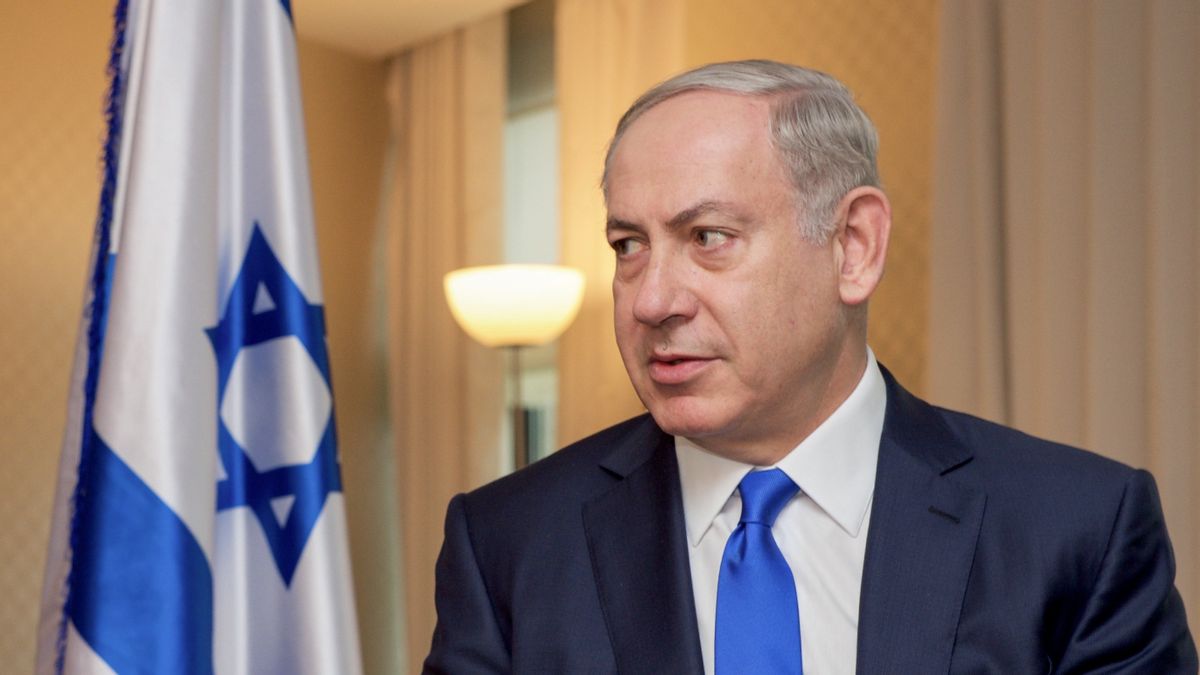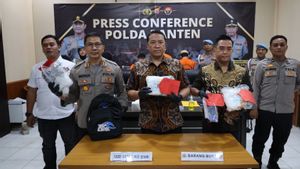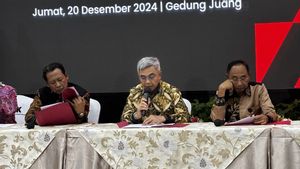Israeli Prime Minister Benjamin Netanyahu stepped up threats to attack Iran's nuclear facilities on Sunday, holding a war drill that was rarely carried out by his cabinet after he accused UN inspectors of failing to confront Tehran.
With Iran already enriching uranium to 60 percent of fissile purity for two nuclear bombs, if further purification - something Iran - Israel has denies has doubled its threat to launch preemptive military attacks if international diplomacy fails.
Israel is known to have long stated that for diplomacy to succeed, Iran must be faced with credible military threats.
"We are committed to acting against Iran's nuclear defenses, countering missile attacks against Israel and the possibility of joining these fronts," PM Netanyahu said in a video statement from an Israel underground command bunker at military headquarters in Tel Aviv.
Facing the possibility of several fronts, Prime Minister Netanyahu, surrounded by ministers of the security cabinet and defense chiefs, said it required the Israeli leadership to "consider, if possible, consideration early," he made decisions.
Netanyahu's office released footage of the exercise. The public around the preparations appeared to have departed from an Israeli attack in 1981 on Iraqi nuclear reactors and similar sudden attacks in Syria in 2007, which were carried out without previous warnings.
Earlier, PM Netanyahu made sharp criticisms of the International Atomic Energy Agency (IAEA), following a report last week of the agency that Iran had provided satisfactory answers to a case of suspected uranium particles, as well as reinstalling some of the monitoring equipment originally installed under the now-implemented 2015 Nuclear Deal.
"Iran continues to lie to the International Atomic Energy Agency. The body's self-submission to Iran's pressure is a black stain in its notes," Netanyahu criticized in a televised address.
The supervisory agency is at risk of being politicized so that it will lose its significance towards Iran, he said. The IAEA declined to comment on this matter.
On Wednesday, the agency reported that following years of investigations and a lack of progress, Iran had provided satisfactory answers to explain one of the three locations where uranium particles had been detected.
另请阅读:
The particles can be explained by the existence of mines and laboratories Soviet-operated there and the IAEA has no further questions, said a senior diplomat in Vienna.
However, PM Netanyahu said Iran's explanation was "technically impossible."
However, the Vienna diplomat also said the IAEA assessment remained that Iran had tested explosives there decades ago relevant to nuclear weapons.
The English, Chinese, Japanese, Arabic, and French versions are automatically generated by the AI. So there may still be inaccuracies in translating, please always see Indonesian as our main language. (system supported by DigitalSiber.id)


















